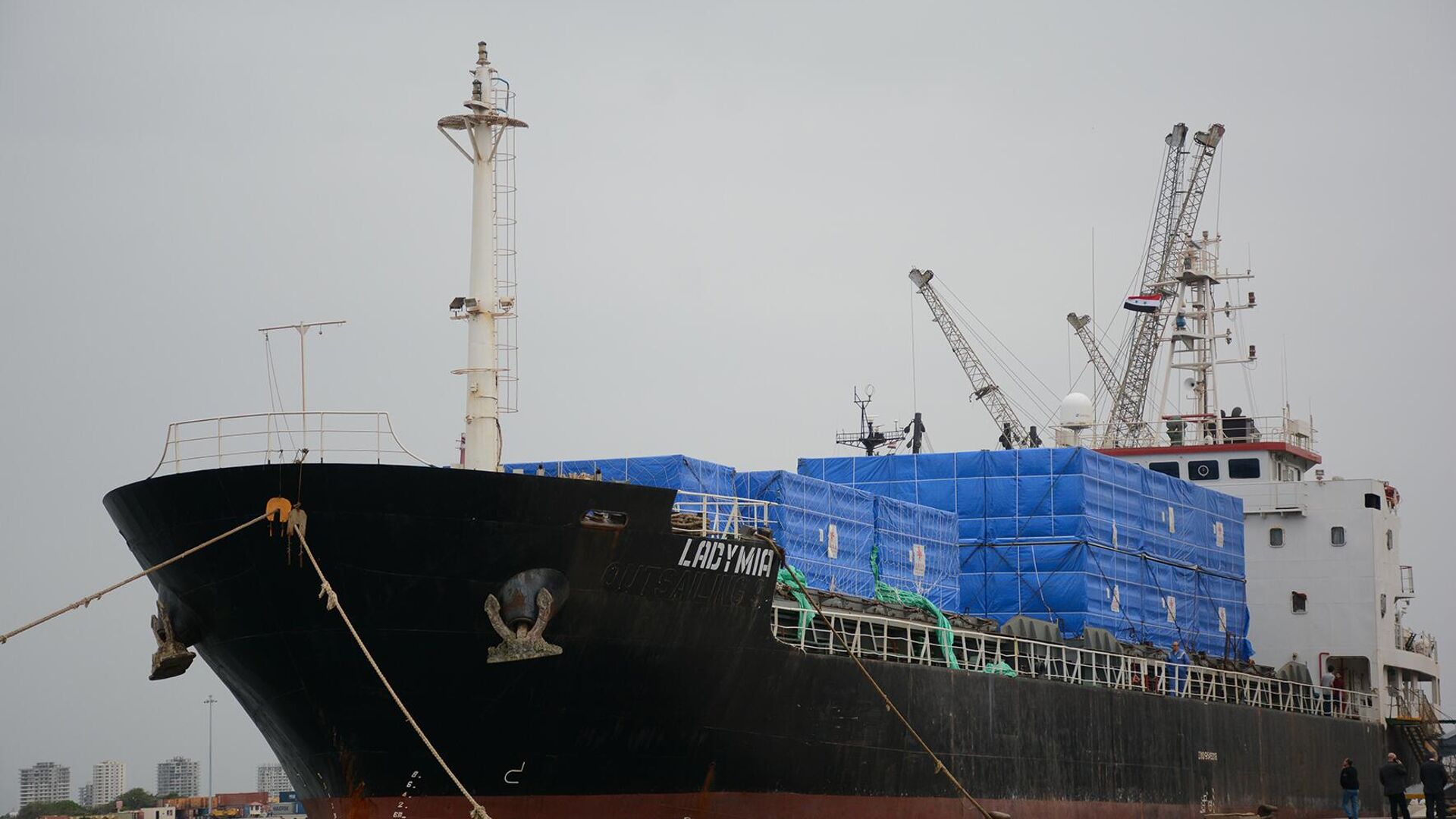
Beijing - Saba:
China has continued its attacks on the US tariffs it has imposed on many countries around the world, asserting that they are putting significant pressure on the global economy.
This was stated by Sheng Laiyun, deputy director of China's National Bureau of Statistics, according to Western media reports on Wednesday.
He continued: "These tariffs are affecting the Chinese economy and China's foreign trade, and this makes us need to strengthen the foundations for growth and economic recovery."
The United States has imposed tariffs of up to 145 percent on Chinese goods since the inauguration of current US President Donald Trump. China responded with counter-tariffs, warning of the outbreak of a trade war the two countries have sought to avoid for decades.
This comes at a time when the two countries have mutual leverage, represented by Washington's reliance on Beijing for rare earth minerals and many electronics and semiconductors critical to civilian and military industries, while China relies on the United States for agricultural products of vital importance to the Chinese people.
China has continued its attacks on the US tariffs it has imposed on many countries around the world, asserting that they are putting significant pressure on the global economy.
This was stated by Sheng Laiyun, deputy director of China's National Bureau of Statistics, according to Western media reports on Wednesday.
He continued: "These tariffs are affecting the Chinese economy and China's foreign trade, and this makes us need to strengthen the foundations for growth and economic recovery."
The United States has imposed tariffs of up to 145 percent on Chinese goods since the inauguration of current US President Donald Trump. China responded with counter-tariffs, warning of the outbreak of a trade war the two countries have sought to avoid for decades.
This comes at a time when the two countries have mutual leverage, represented by Washington's reliance on Beijing for rare earth minerals and many electronics and semiconductors critical to civilian and military industries, while China relies on the United States for agricultural products of vital importance to the Chinese people.